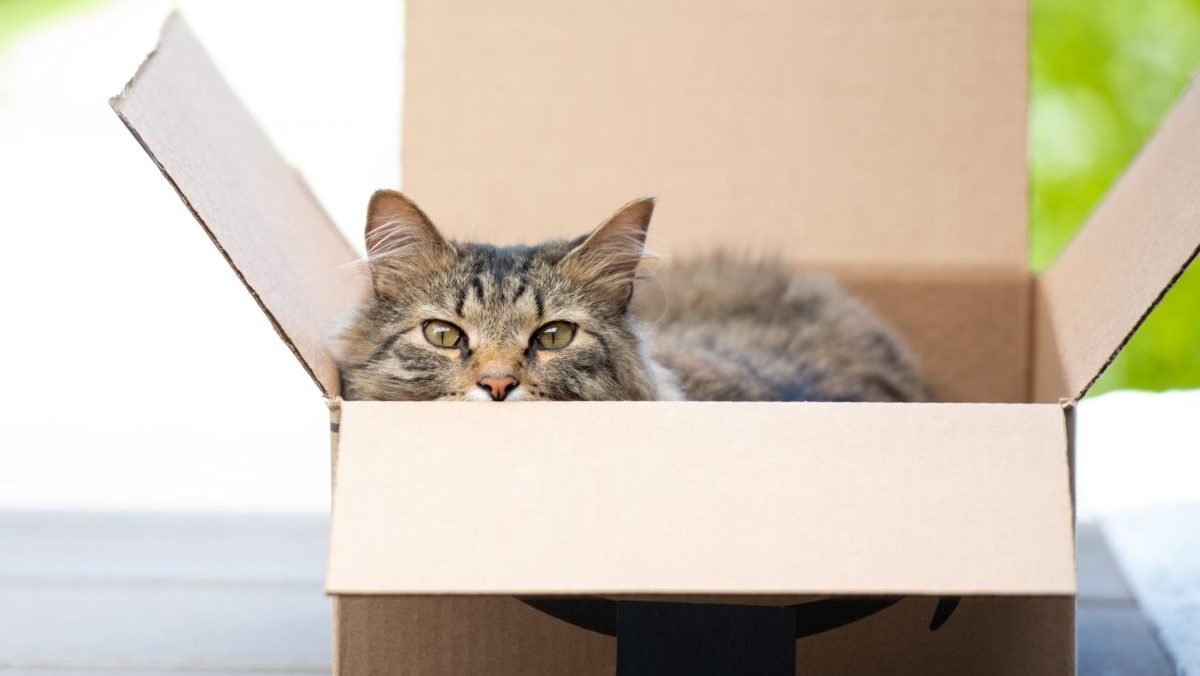Ever wonder what your feline friend does when you’re not around? While cats are often seen as solitary creatures, many form deep bonds with their human companions. Your absence might affect them more than you realize. Let’s explore some telltale signs that your cat is missing you while you’re away.
Excessive Meowing
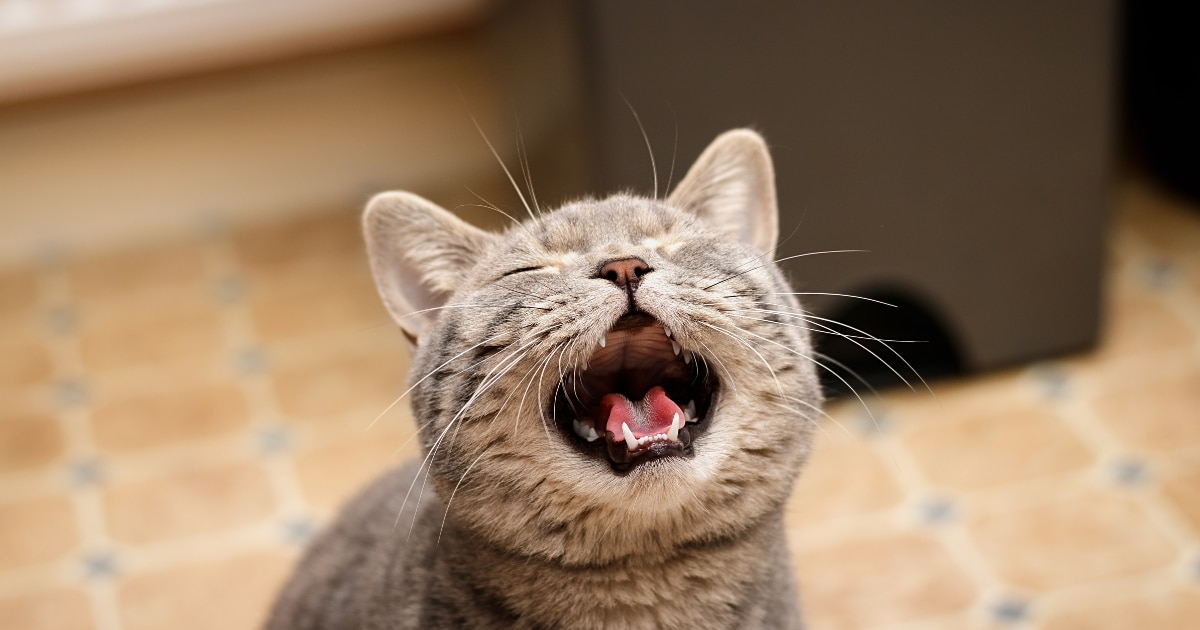
Is your cat more vocal than usual when you’re about to leave or upon your return? Increased meowing can be their way of expressing discomfort with your absence. Cats communicate through vocalizations, and excessive meowing might indicate stress or loneliness. Paying attention to these changes can help you understand their emotional state.
Following You Around
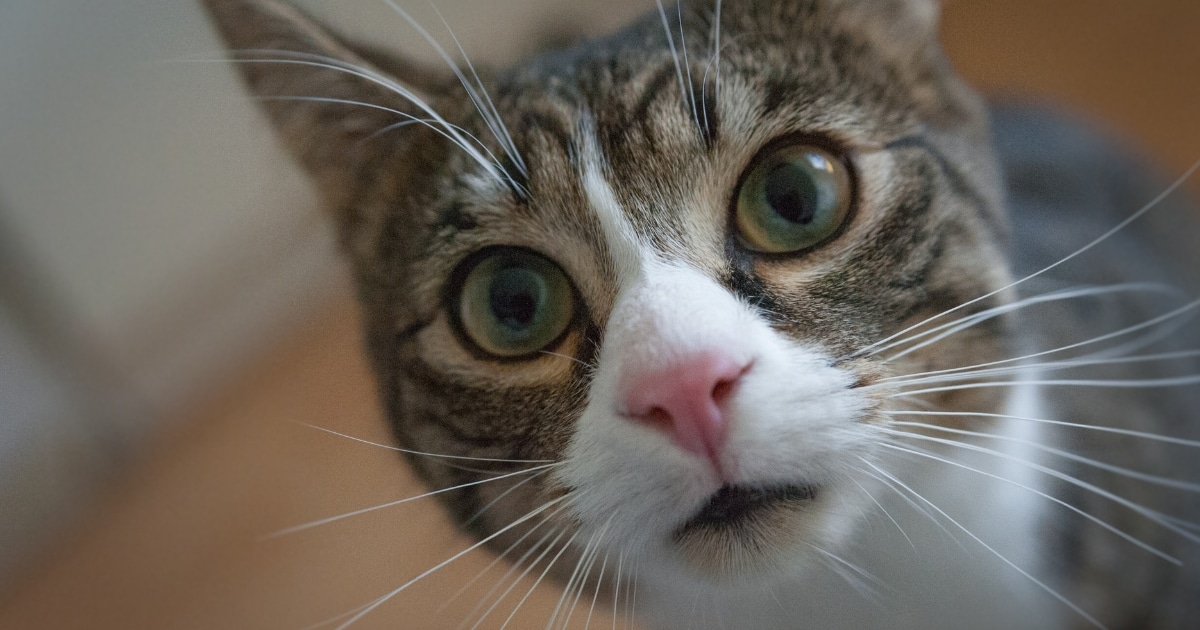
Does your cat shadow your every move as you prepare to go out? This clingy behavior suggests they want to maximize their time with you. By staying close, they’re trying to soak up every bit of attention before you leave. It’s their subtle way of saying they don’t want you to go.
Loss of Appetite
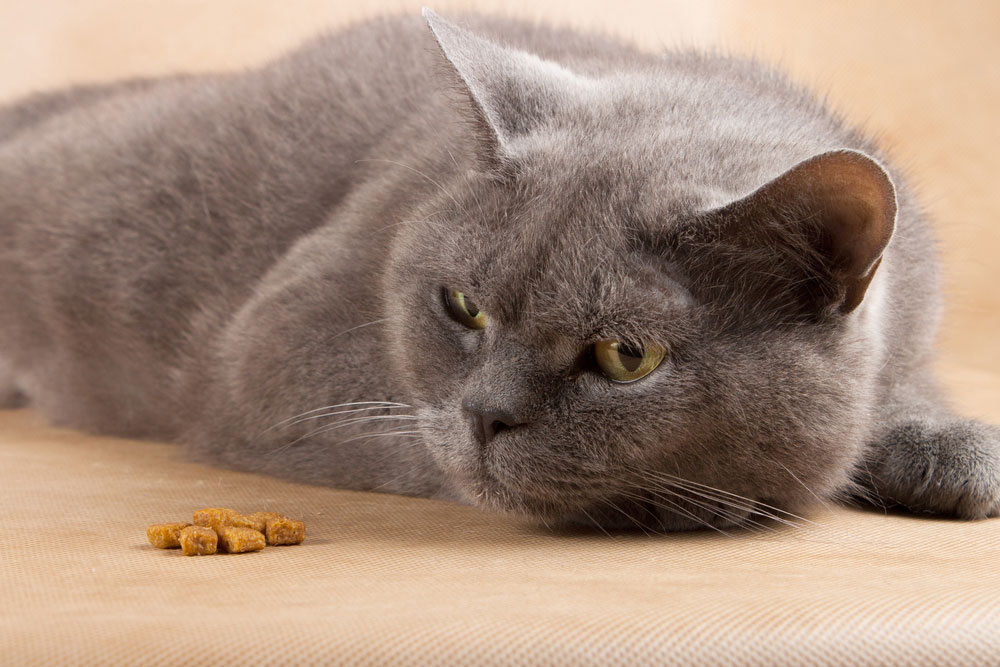
Noticing that your cat isn’t eating as much when you’re away? A decrease in appetite can be a sign of anxiety or depression in cats. Just like humans, they may lose interest in food when stressed. Monitoring their eating habits can provide insights into how your absence affects them.
Destructive Behavior
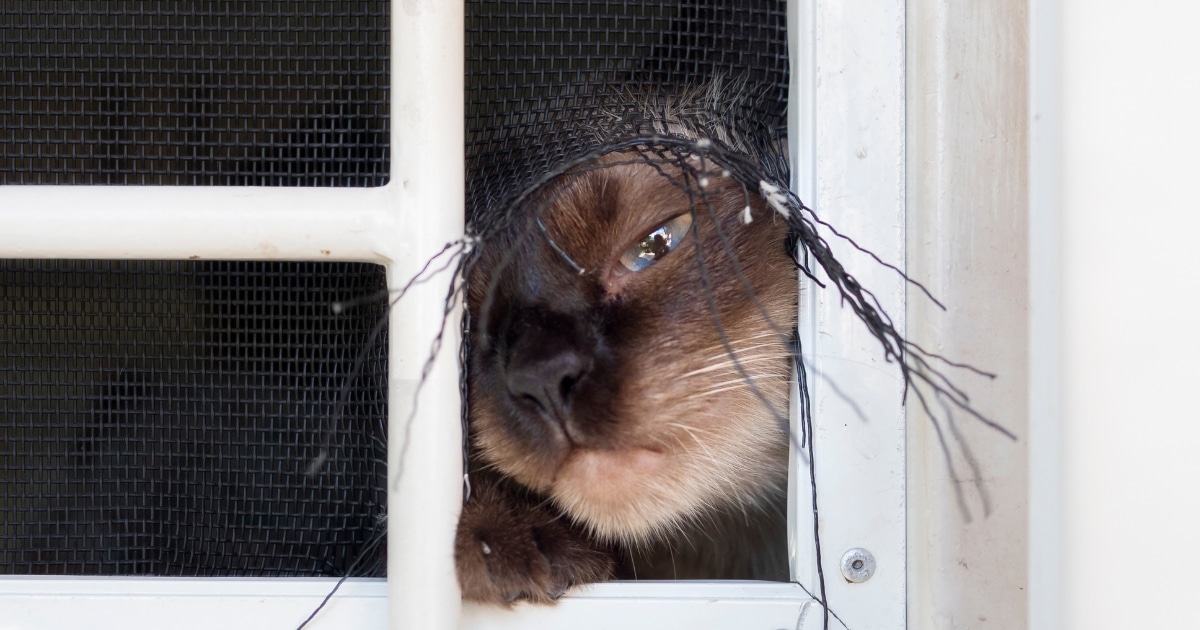
Coming home to scratched furniture or knocked-over items? Destructive actions can be your cat’s way of coping with separation anxiety. Boredom and stress might lead them to take out their frustrations on your belongings. Providing toys or scratching posts can help mitigate this behavior.
Over-Grooming

If your cat starts grooming excessively, even to the point of creating bald spots, it could be a stress response to loneliness. Over-grooming is a common sign of anxiety in cats. It’s their way of self-soothing when they’re feeling uneasy.
Lethargy or Depression
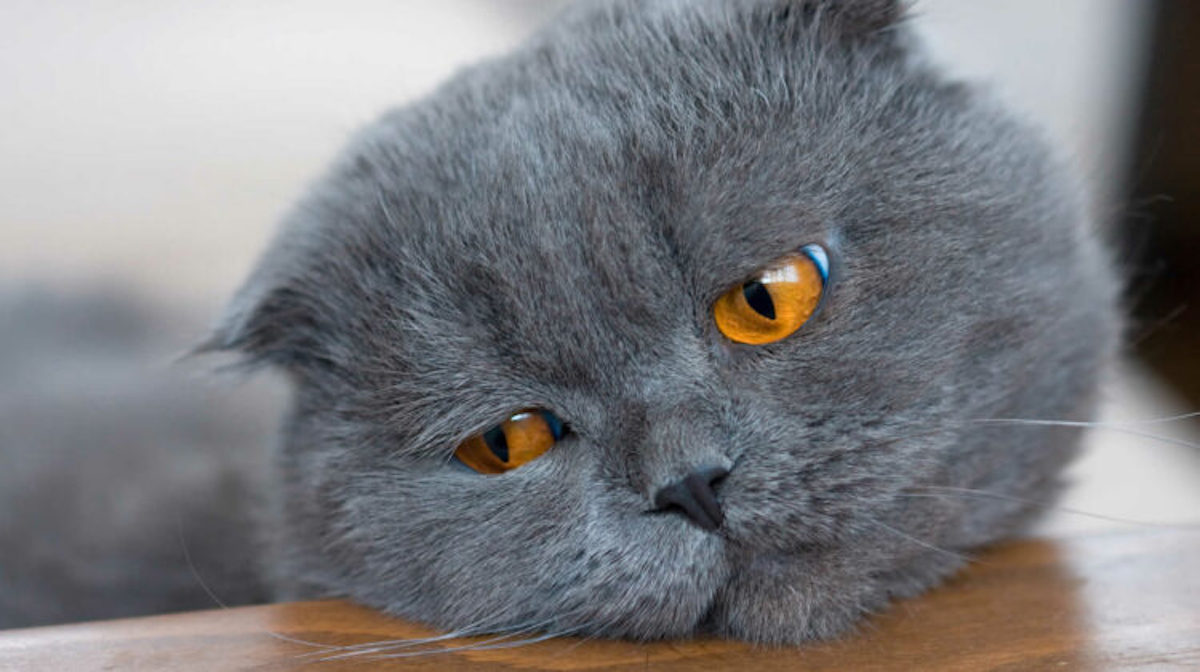
A usually playful cat that becomes lethargic when you’re away might be experiencing depression. Reduced energy levels and disinterest in activities they typically enjoy are red flags. Ensuring they have engaging toys can help keep their spirits up.
Waiting by the Door
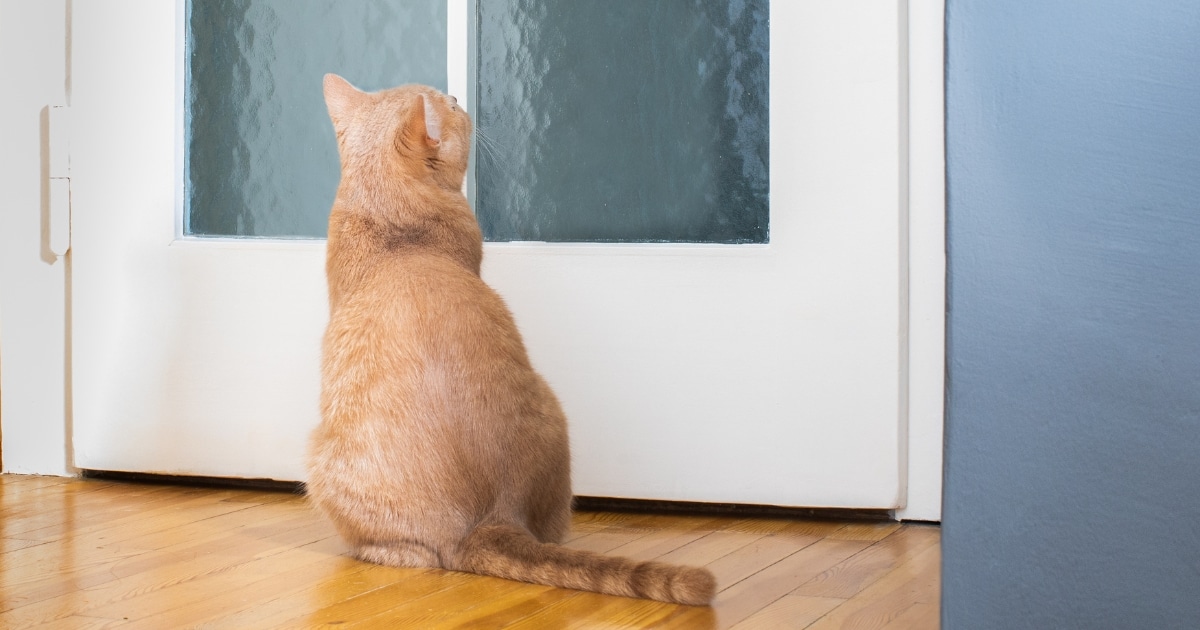
Finding your cat sitting by the door when you come home? They might have been waiting there for hours. This behavior shows they’re anticipating your return and feel more secure when you’re around. It’s a heartwarming sign that they truly miss you.
Ignoring You Upon Return
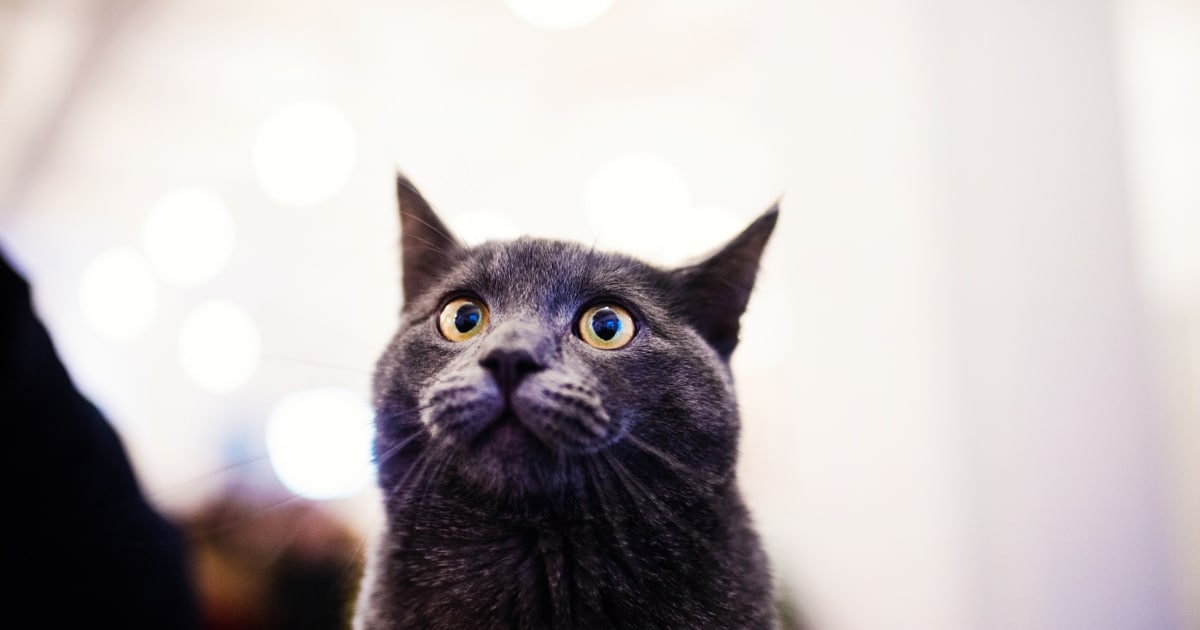
While it seems contradictory, some cats might ignore you when you get back as a way to express their displeasure about being left alone. This aloof behavior can be their form of a “silent treatment.” They might be letting you know they didn’t appreciate your time away.
Using Your Belongings
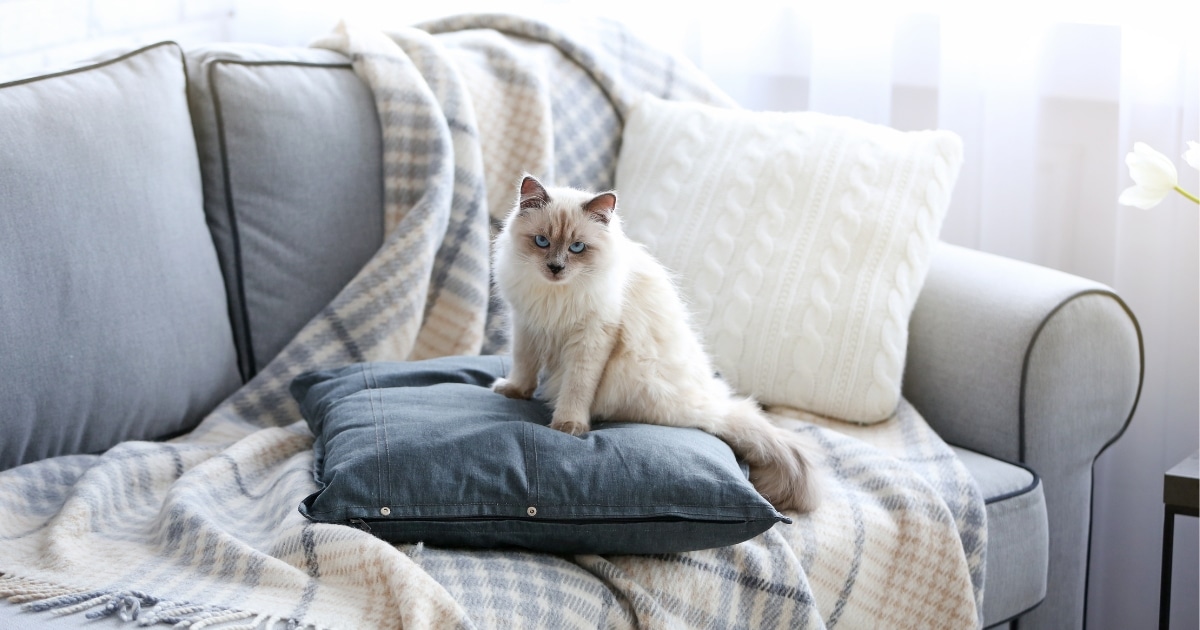
If your cat curls up on your clothes or rests on your pillow while you’re gone, they’re seeking comfort from your scent. Your smell provides them with a sense of security and helps alleviate their feelings of loneliness. It’s their way of feeling closer to you in your absence.
Increased Affection When You’re Home
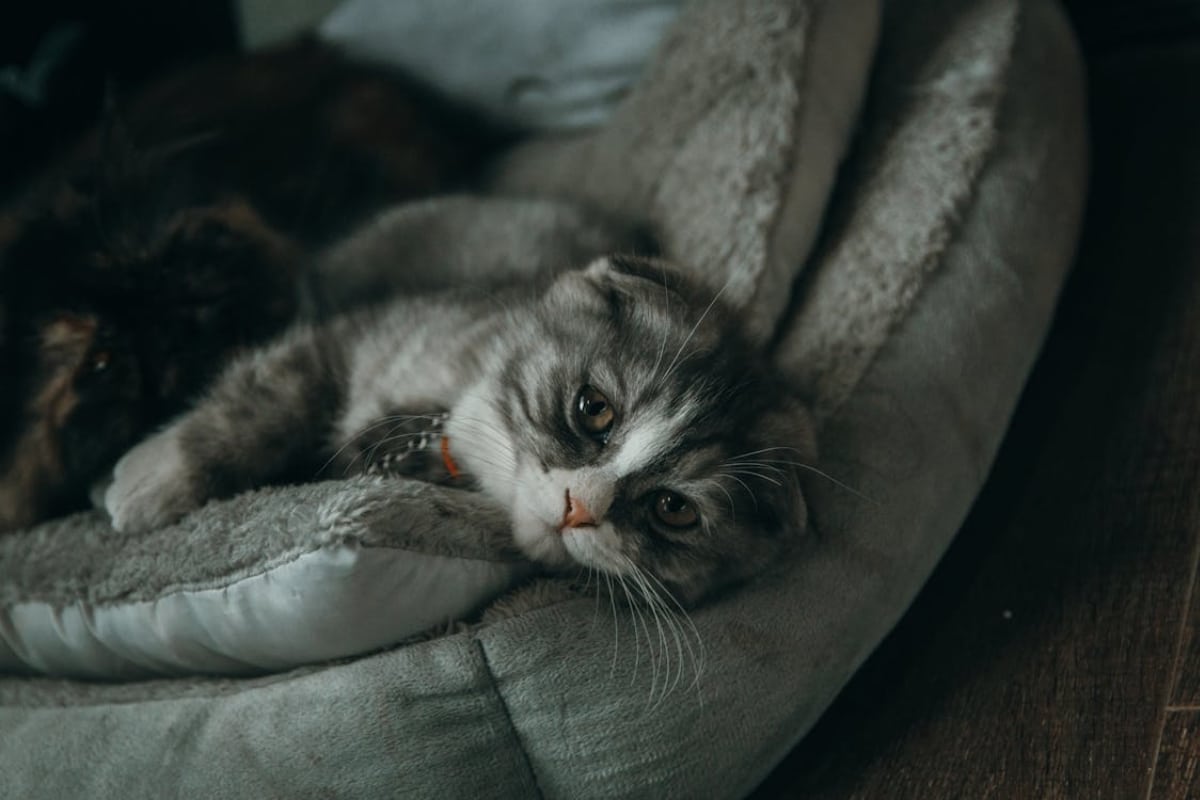
An extra cuddly cat upon your return is a strong indicator they missed you. This surge in affection is their way of reconnecting and making up for lost time. Enjoy these affectionate moments—they show how much your cat values your companionship.
Changes in Litter Box Habits
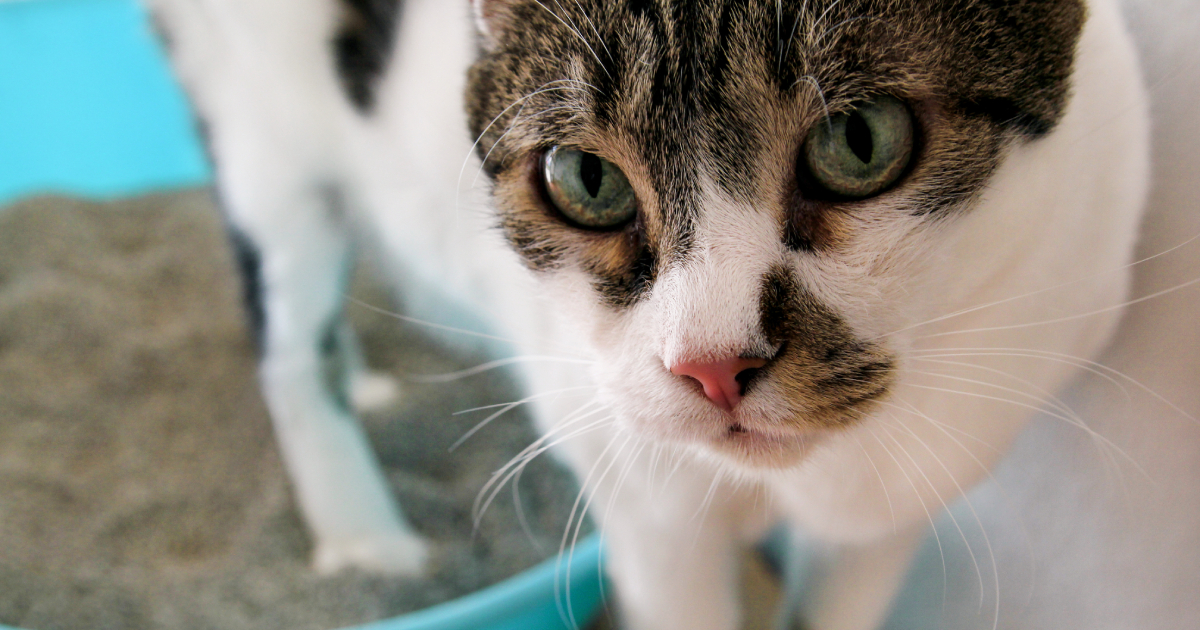
Accidents outside the litter box can be a sign of stress related to your absence. If your cat is usually well-trained but starts having mishaps, it might be their way of expressing anxiety. Consulting a vet can help rule out any medical issues.
Pacing or Restlessness
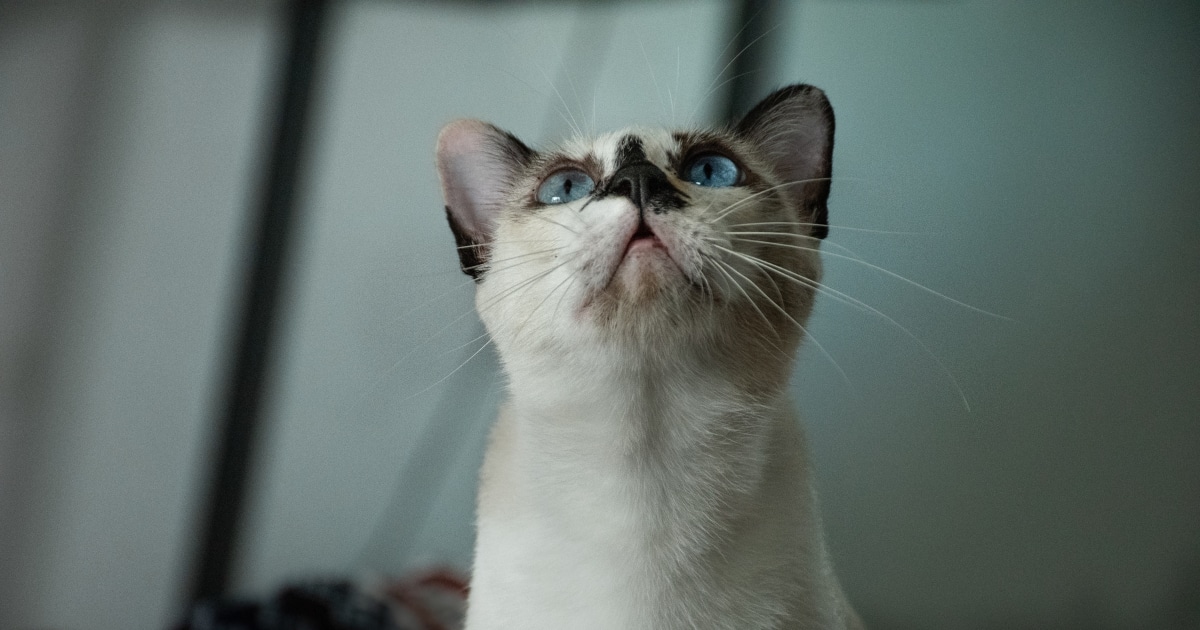
A cat that paces around the house or seems restless may be experiencing separation anxiety. This behavior indicates they’re unsettled and have trouble relaxing when you’re not there. Providing a calming environment can help ease their stress.
Excessive Sleeping
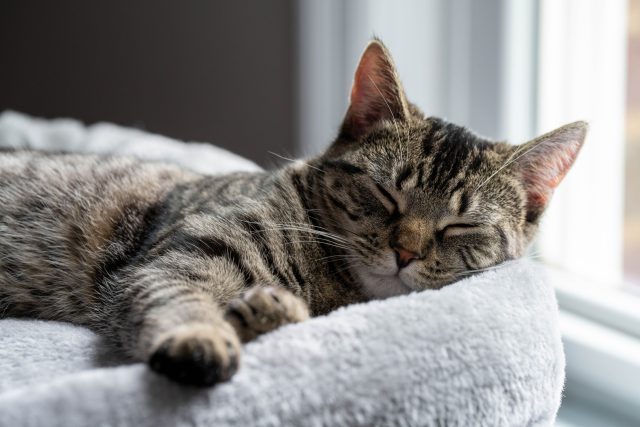
While cats do sleep a lot, an uptick in snoozing can signal depression or boredom. If your cat sleeps more than usual when you’re away, it might be their way of coping with your absence. Ensuring they have stimulation can keep them engaged and happier.
Feline Feelings, They’re Fur Real!
